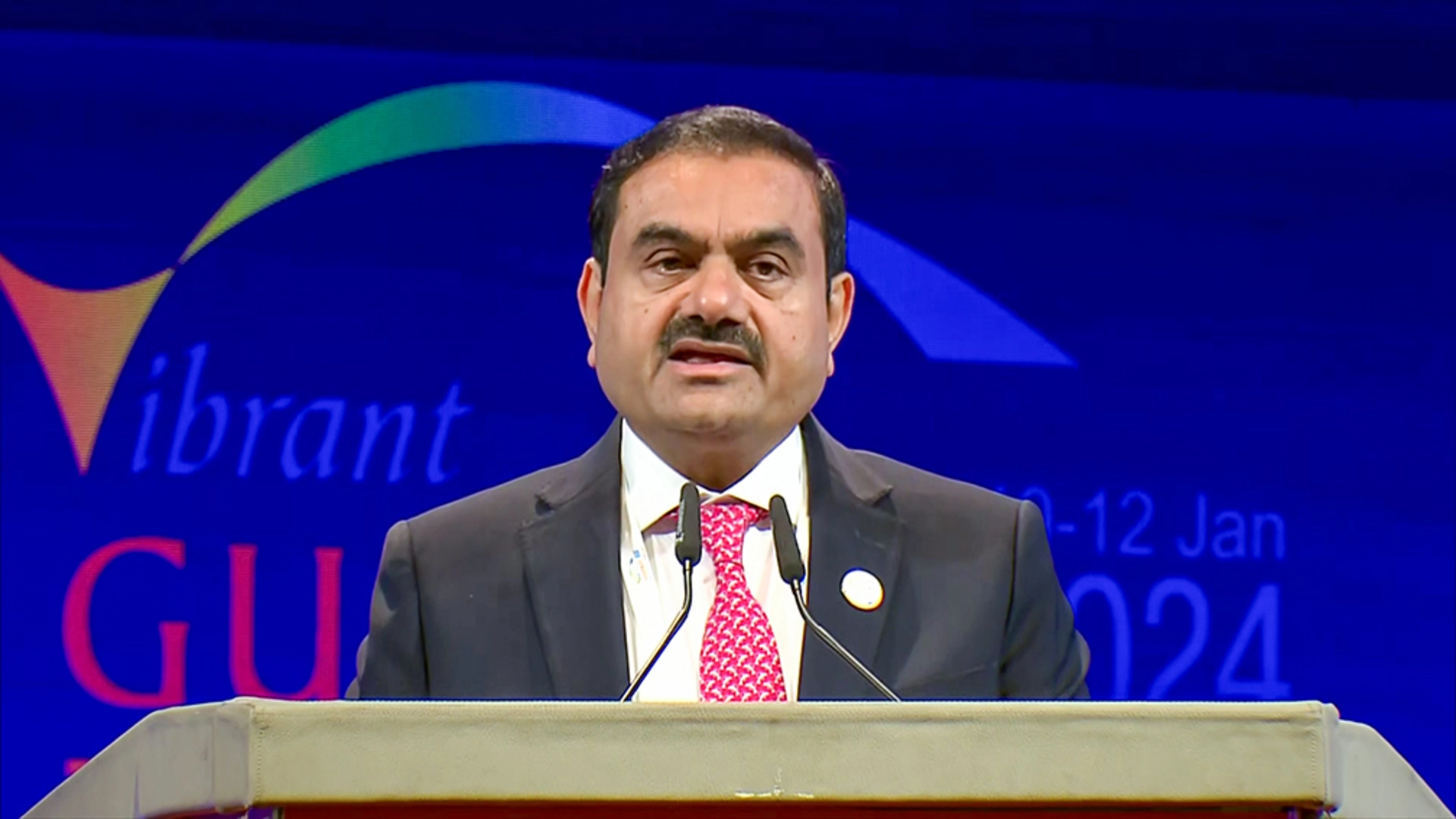
With the rise of Covid-19 cases, we are witnessing an increase in the use of cloth masks among the general public. Most Indians have begun wearing cloth masks on a regular basis, owing to a variety of factors such as cost, manufacturing, and so on.
However, the government has regularly advised individuals to use masks to protect themselves from the virus but mask selection is critical in this context. The Daily Guardian spoke with some medical professionals who provided their recommendations on the best masks to use.
“The best mask is the N-95 mask that fits someone perfectly (covers mouth and nose) when you’re in an environment that has the potential for transmission. The second will be the three-layer surgical mask which most of the doctors wear in the hospital and the OT. The third option is to use a cloth mask, which is not effective in preventing virus transmission, is better than no mask at all. Cloth masks are not officially recommended, however, they can be used by persons who do not have access to N-95 or surgical masks,” Dr Maharshi Desai, a senior critical care specialist, Apollo Hospital, Ahmedabad, told this paper.
Surgical masks are commonly used in hospitals, emergency rooms, out-patient institutions, residential care homes, emergency medical services, as well as in-home health care. The veteran virologist, Amitabha Nandy told this correspondent, “Ideally, speaking, the mask which has anything to do with transmission (inwards or outwards) is N-95. Also, one can use two to three surgical masks combined, but it is difficult for common people. As one can see, only a handful number of people are using N-95, common people are using just a piece of cloth or so-called masks. There is no scientific validity of the capacity of masks beyond N-95 or three surgical masks used at a time. From the virological aspect, N-95 is ideal.”
In terms of the production and manufacturing unit, the Ministry of Textile had to set up an emergency control room during the first lockdown to monitor the production and supply of medical textiles that covered N-95 masks. As per the sources, India has been producing nearly 25 million to 30 million units of N-95 masks per month. At present, there are 241 manufacturers of masks and the country has allowed the exports. It is undeniable that the production and the supply unit of the masks (N-95, surgical, and cloth masks) have increased tremendously since the beginning of the Covid-19 pandemic as there was a dramatic shortage in the supply of face masks. Since, surgical masks and N95 respirators are both disposable, which explains why they are in such great demand.
From the cost aspect, the data by Allied Market Research has stated that the surgical mask market in India was worth US$71.73 million in 2019 and is predicted to grow at a CAGR of 10.3% from 2020 to 2027, reaching US$157.13 million. Since India is dealing with many infectious diseases, neonatal diseases and so on, the surge in the market of surgical masks is being witnessed in several healthcare centres, hospitals, and amongst doctors. From now until 2030, India’s need for surgical products and services is predicted to increase significantly. As a result, the overall increase in the number of surgical procedures conducted in India is expected to boost the demand for surgical items such as masks and gloves in the coming years, pushing forward the market for Indian surgical masks.
The researchers at Duke University have also concluded that the fitted N-95 masks are perfect in blocking droplets. Also, in addition to surgical masks, the researchers have suggested that the three layers (two cotton and one polypropylene layer in between) are also effective as polypropylene acts as a filter and has the capability of holding electrostatic charge that captures droplets from both inside and outside of the masks.
Unfortunately, many underprivileged people are unable to afford the surgical masks and the N-95 masks due to cost factors. As per online sources, a regular N-95 mask costs Rs 200 to Rs 300 while washable N-95 masks cost around Rs 250 to Rs 450. The price of surgical masks cost around Rs 185 to Rs 200. Although most branded cloth masks cost between Rs 299 and Rs 500, most people buy cloth masks for roughly Rs 100 to Rs 200 from nearby stores, which explains why cloth masks are preferred over surgical and N-95 masks.















